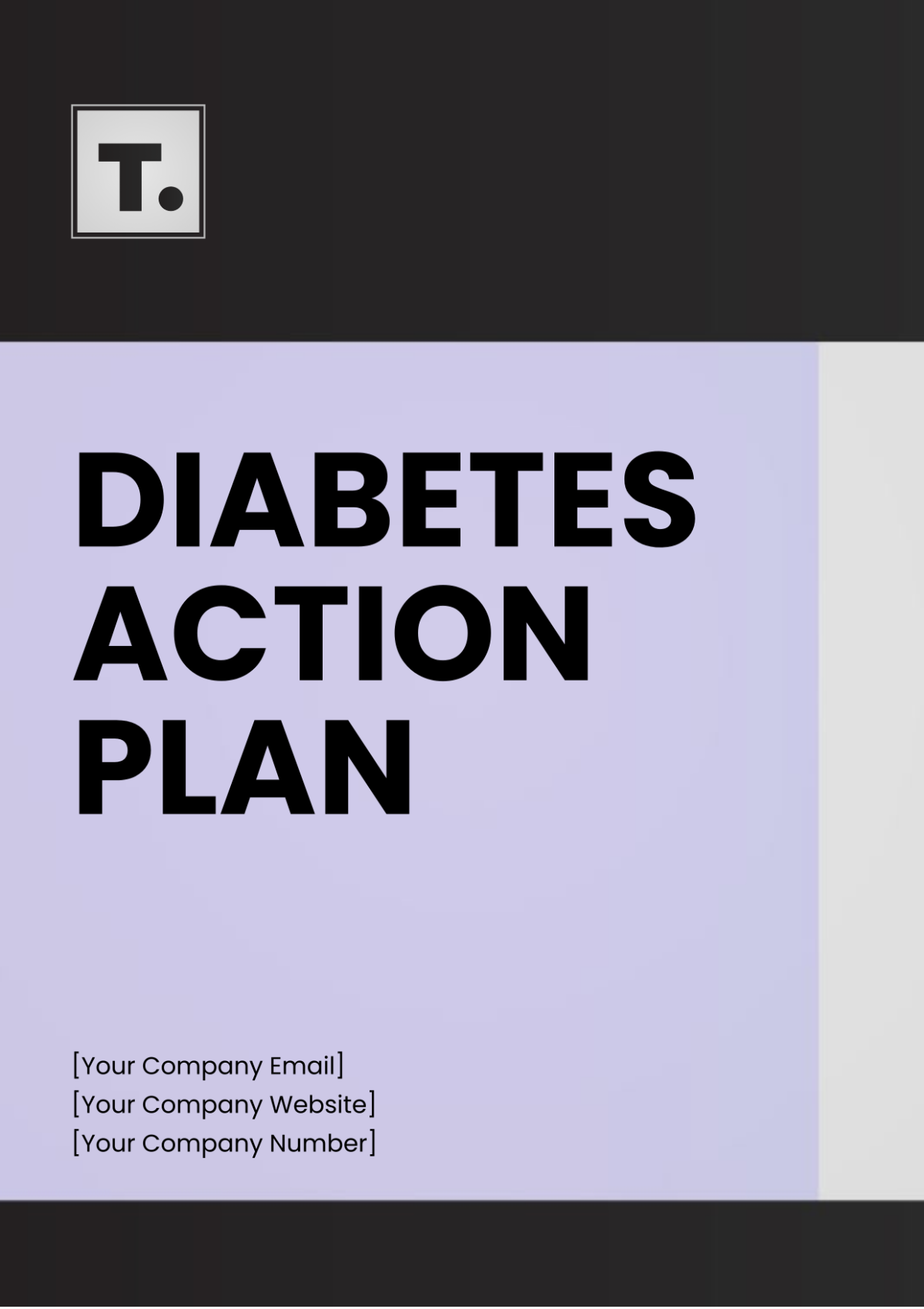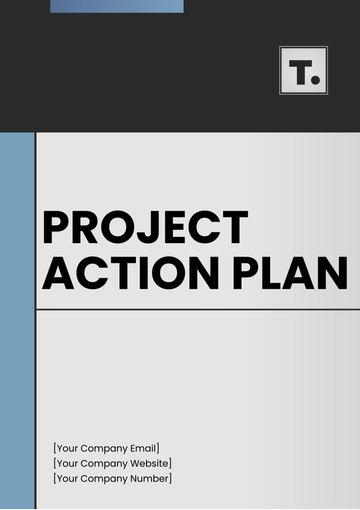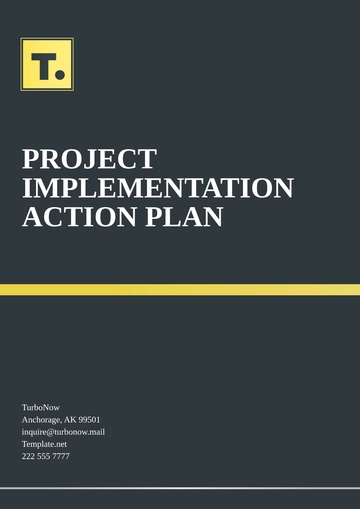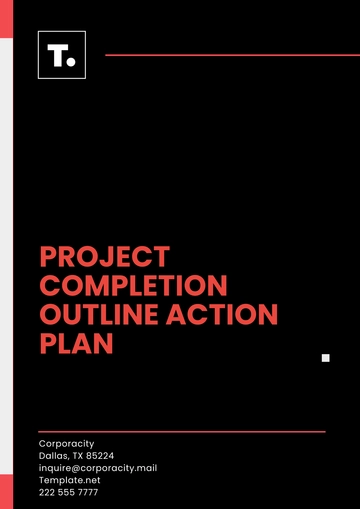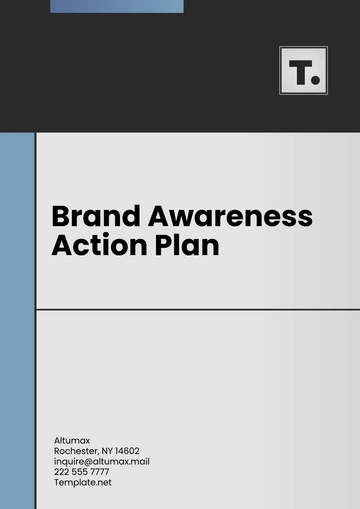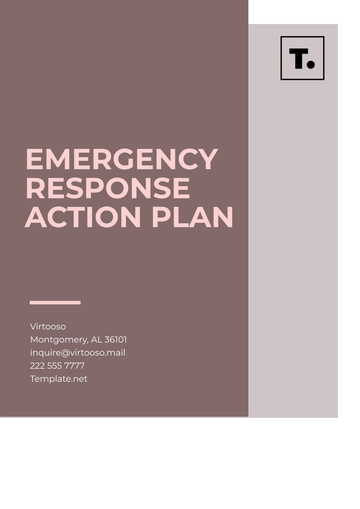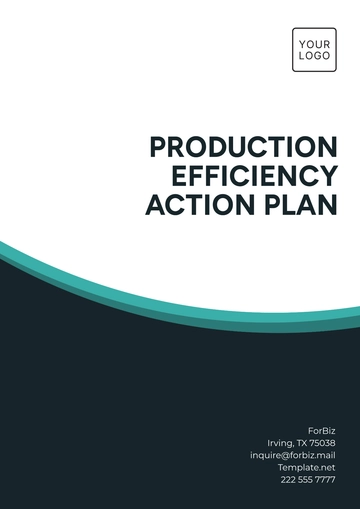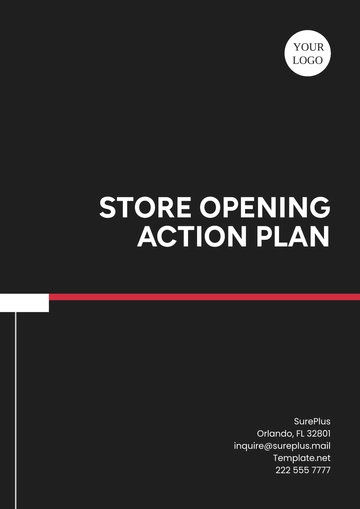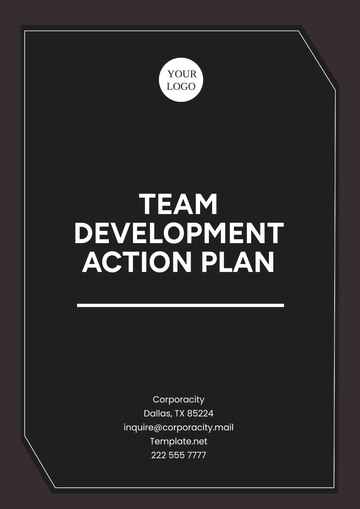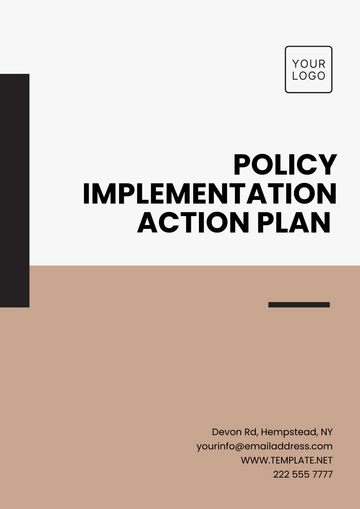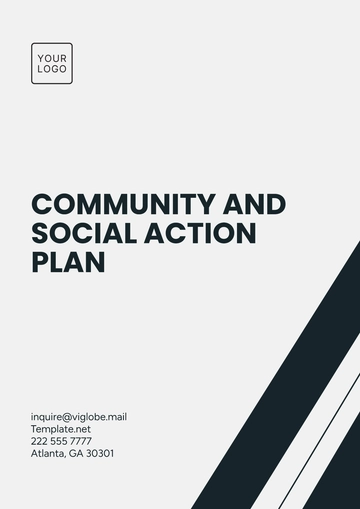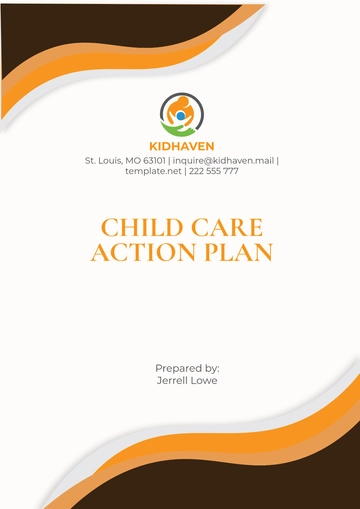Diabetes Action Plan
This action plan is made under the company, [YOUR COMPANY NAME]. This action plan is created by [YOUR NAME]. This integrated approach will create a compelling narrative that enhances and embodies the brand's unique identity.
I. Executive Summary
The purpose of this Diabetes Action Plan is to outline a comprehensive approach to managing and mitigating the effects of diabetes among our stakeholders. By implementing a series of targeted actions, we aim to improve diabetes awareness, provide access to necessary resources, and monitor outcomes effectively.
II. Overview of Diabetes
A. Understanding Diabetes
Diabetes is a chronic condition characterized by the body's inability to properly regulate blood sugar levels. When left unmanaged, diabetes can lead to serious complications affecting various organs and systems in the body.
B. Types of Diabetes
There are several types of diabetes:
Type 1 diabetes: Usually diagnosed in children and young adults, where the body does not produce insulin.
Type 2 diabetes: The most common form of diabetes, where the body does not use insulin properly.
Gestational diabetes: Occurs during pregnancy and usually resolves after childbirth.
III. Goals
A. Short-Term Goals
B. Long-Term Goals
IV. Action Plan
A. Monitoring Blood Glucose Levels
Check blood glucose levels before meals and at bedtime.
Record results in a blood glucose log.
Take action based on blood glucose readings as advised by a healthcare provider.
B. Medication Management
Take the prescribed medications (Metformin, Insulin) as directed by the healthcare provider.
Keep track of the medication schedule using a medication tracker app.
Report any side effects to the healthcare provider immediately.
C. Nutrition and Diet
Follow a balanced diet rich in fruits, vegetables, lean proteins, and whole grains.
Limit intake of sugary beverages and processed foods.
Consider meeting with a dietitian to develop a personalized meal plan.
D. Physical Activity
Engage in at least 30 minutes of moderate-intensity exercise most days of the week.
Choose activities such as walking, swimming, or cycling.
Monitor blood glucose levels before and after exercise.
E. Stress Management
Practice stress-reduction techniques such as deep breathing exercises or mindfulness meditation.
Prioritize self-care activities and make time for relaxation.
Seek support from friends, family, or a therapist if needed.
F. Regular Check-Ups
Schedule regular check-ups with your healthcare provider every 3 to 6 months.
Monitor blood pressure, cholesterol levels, and kidney function.
Stay up-to-date with recommended screenings for eye and foot health.
V. Emergency Action Plan
A. Recognizing Signs of Hypoglycemia
Symptoms of hypoglycemia include shakiness, sweating, and confusion.
Treat low blood sugar immediately with fast-acting carbohydrates such as glucose tablets or juice.
B. Managing Hyperglycemia
Symptoms of hyperglycemia include increased thirst, frequent urination, and fatigue.
Follow the healthcare provider's instructions for managing high blood sugar levels, including adjusting insulin doses if necessary.
C. Contact Information
In case of emergency, contact Jane Smith at (555) 123-4567.
Healthcare provider: Dr. Emily Johnson, Endocrinologist.
Contact: (555) 987-6543.
VI. Resources
A. Educational Materials
American Diabetes Association website: www.diabetes.org
"Diabetes for Dummies" book by Alan L. Rubin, MD.
Diabetes Support Group meetings at Local Community Center.
B. Healthcare Providers
Local Diabetes Clinic,
Address: 302 Duncan Avenue, New York, NY 10007
Dr. Michael Lee, Registered Dietitian.
Contact: (555) 789-0123.
VII. Conclusion
By following this Diabetes Action Plan, [Your Name] can take control of their diabetes and work towards achieving their health goals. Remember to regularly review and update the action plan as needed in consultation with your healthcare team. If you have any questions or concerns, don't hesitate to reach out to your healthcare provider for assistance.
Plan Templates @ Template.net
